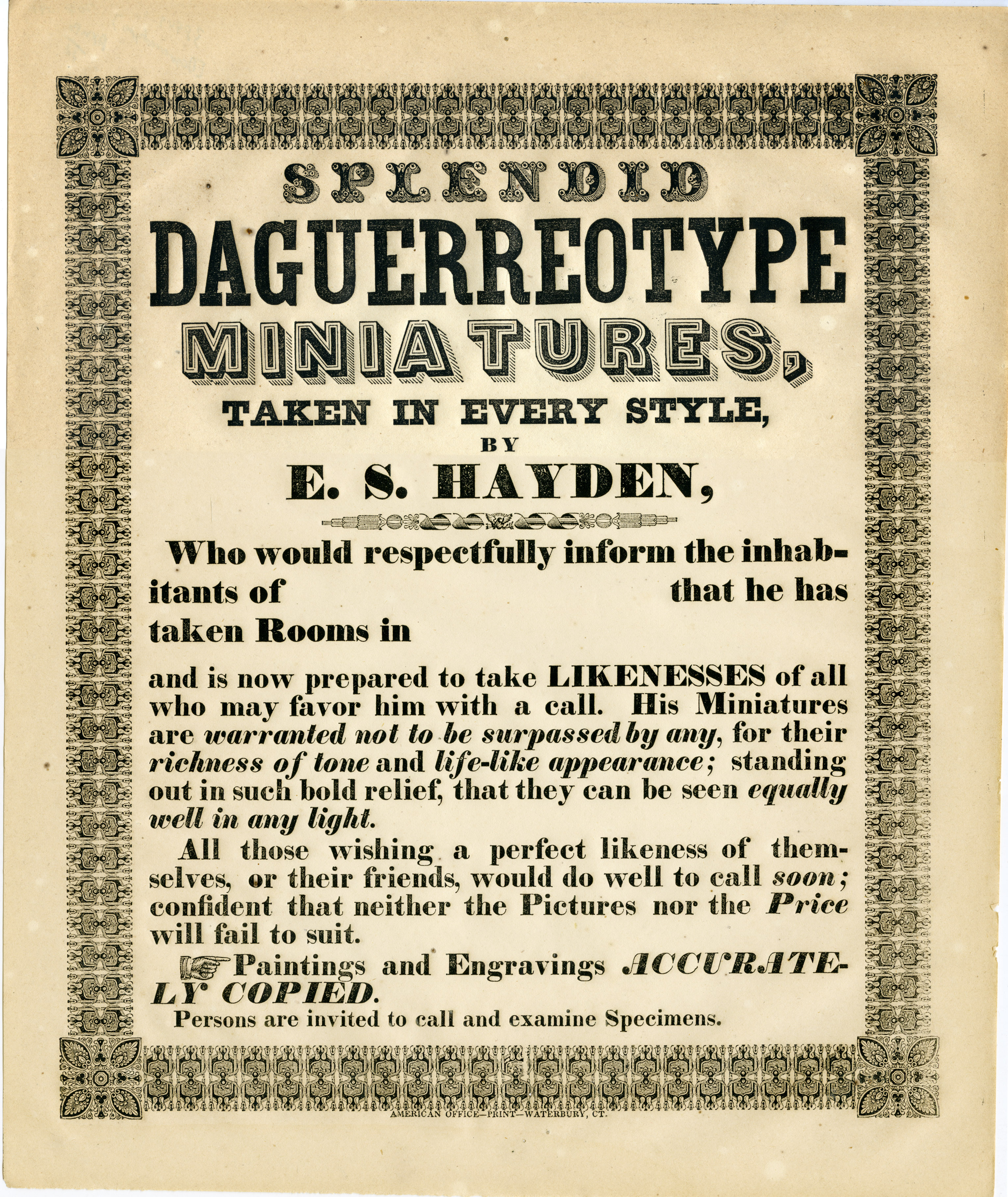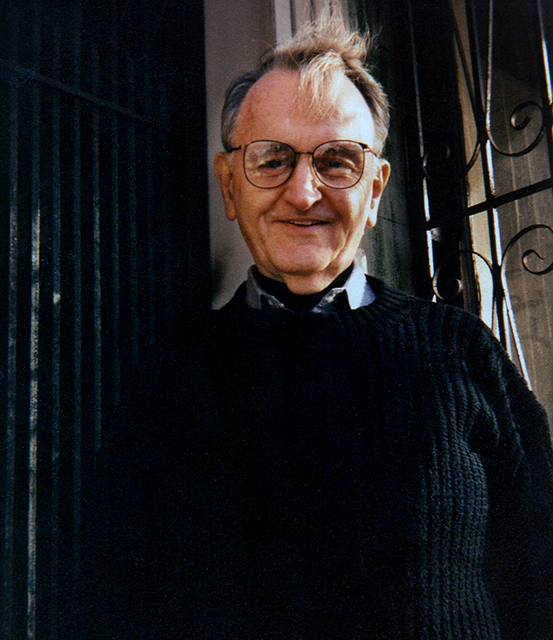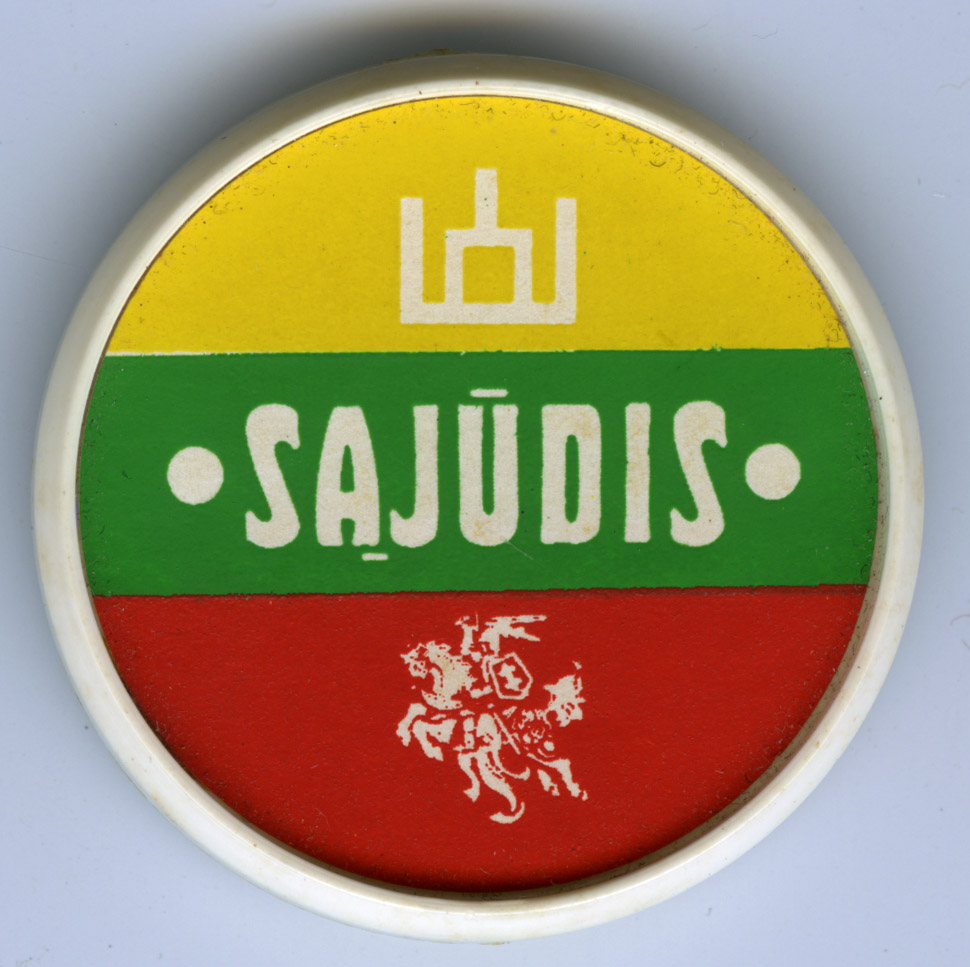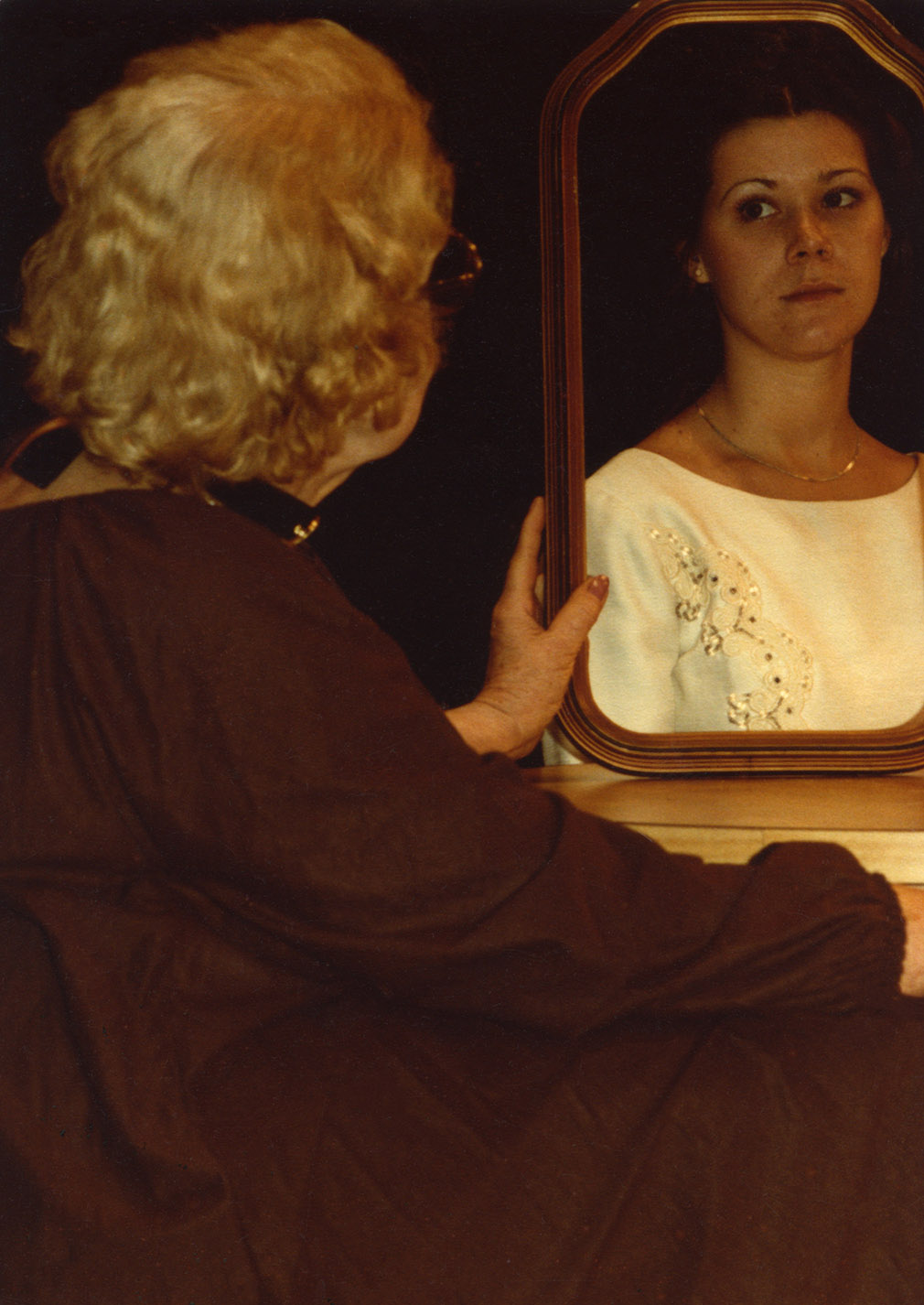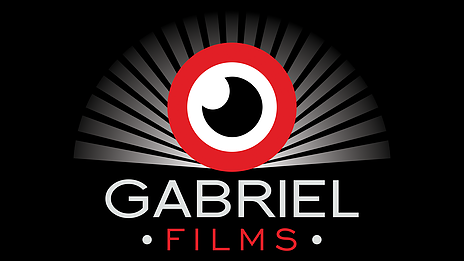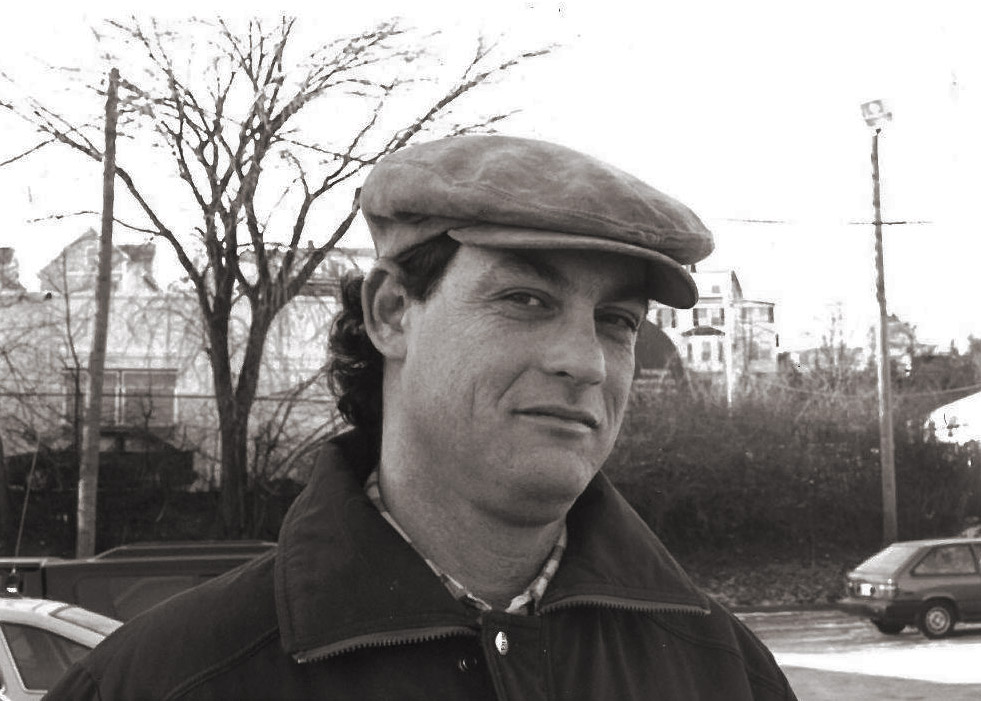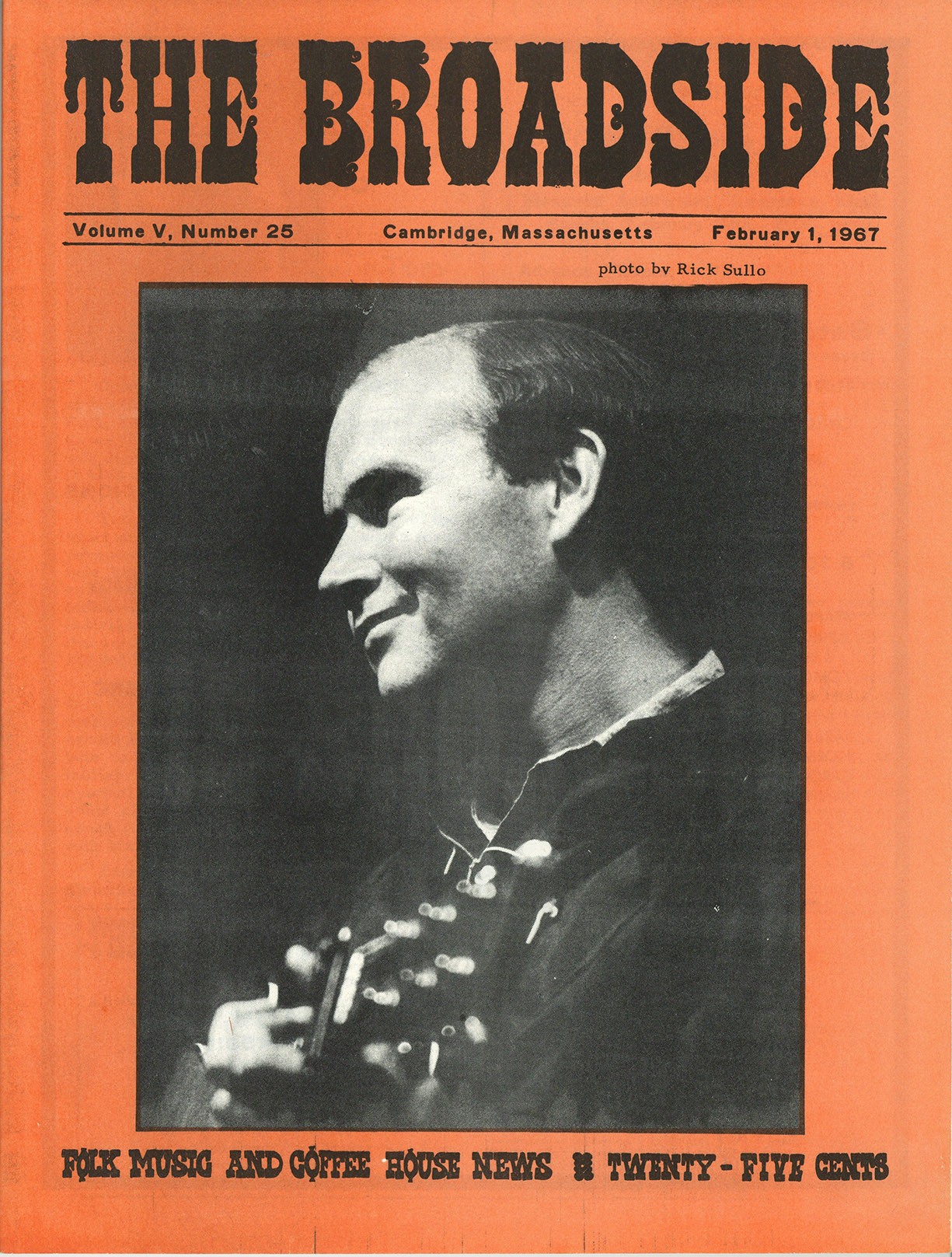Mount Ida College Records
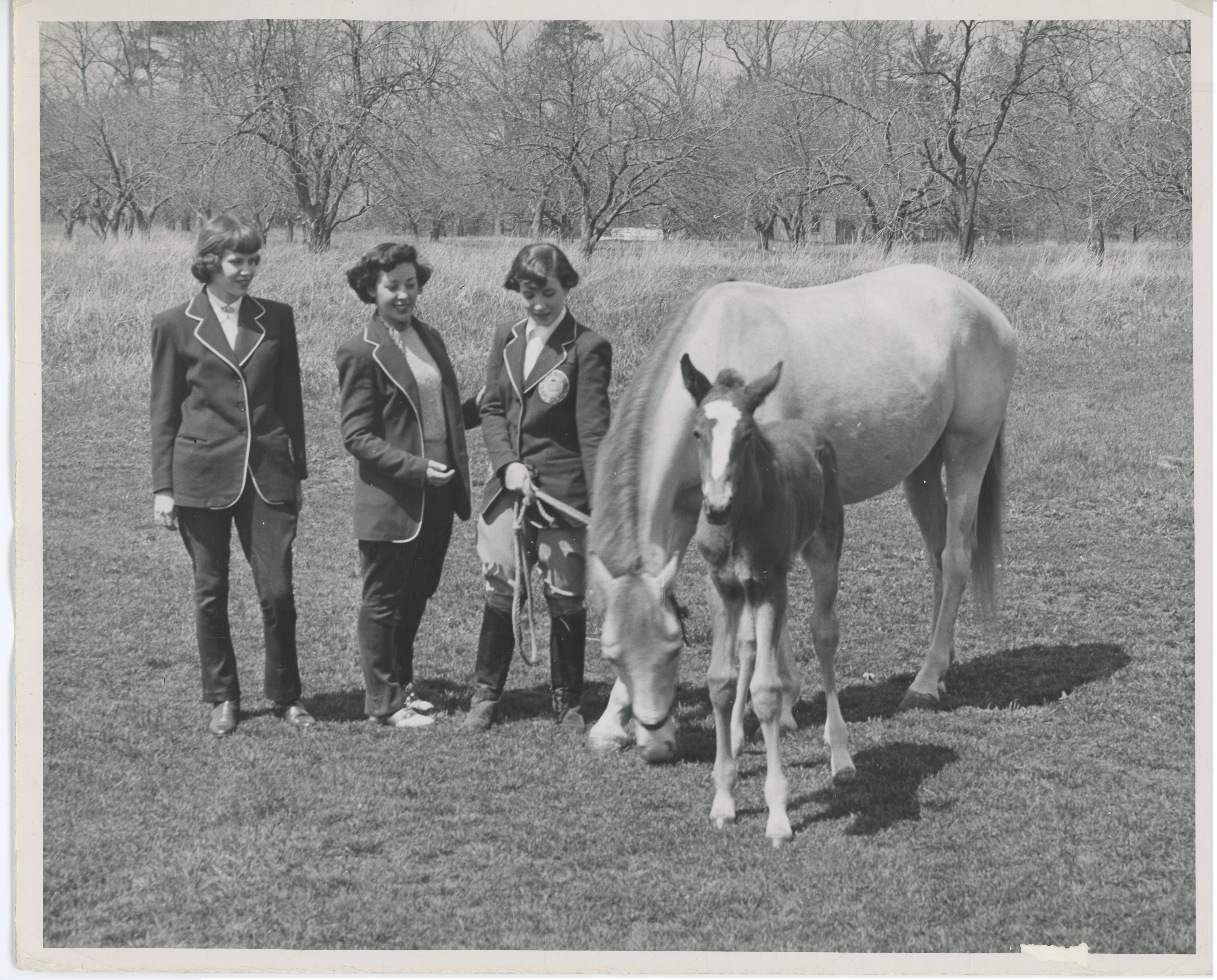
Mount Ida College was a regional, co-educational college with 1500 students, over forty majors, and a graduate program designed for working adults. The college began in 1899 when George Franklin Jewett and his wife Abigail Fay Jewett purchased a property on a hill in Newton Corner named Mount Ida and began a college prep and finishing school program, the Mount Ida School for Girls, that steadily grew, adding a junior college curriculum in 1917. Under the financial stress of the Great Depression, the school closed in 1935, but was purchased four years later by William F. Carlson and reopened on the newly acquired Robert Gould Shaw II estate in Newton Centre. Mount Ida officially became a college in 1967, began admitting men in 1976, and in the late 1980s it merged with Chamberlayne Junior College and the New England Institute of Funeral Service Education. However, after a period of protracted financial difficulties in the early 2000s, Mount Ida College closed its doors on May 17, 2018, and the land and campus buildings were purchased by the University of Massachusetts Amherst.
The Mount Ida College Records contain the historical records of the college, including photographs, yearbooks, course catalogs, student scrapbooks and memorabilia, publicity materials, the college’s web and social media presence, and artifacts that document Mount Ida’s athletic programs. The records of the New England Institute of Funeral Service were moved with the program itself to Cape Cod Community College.

